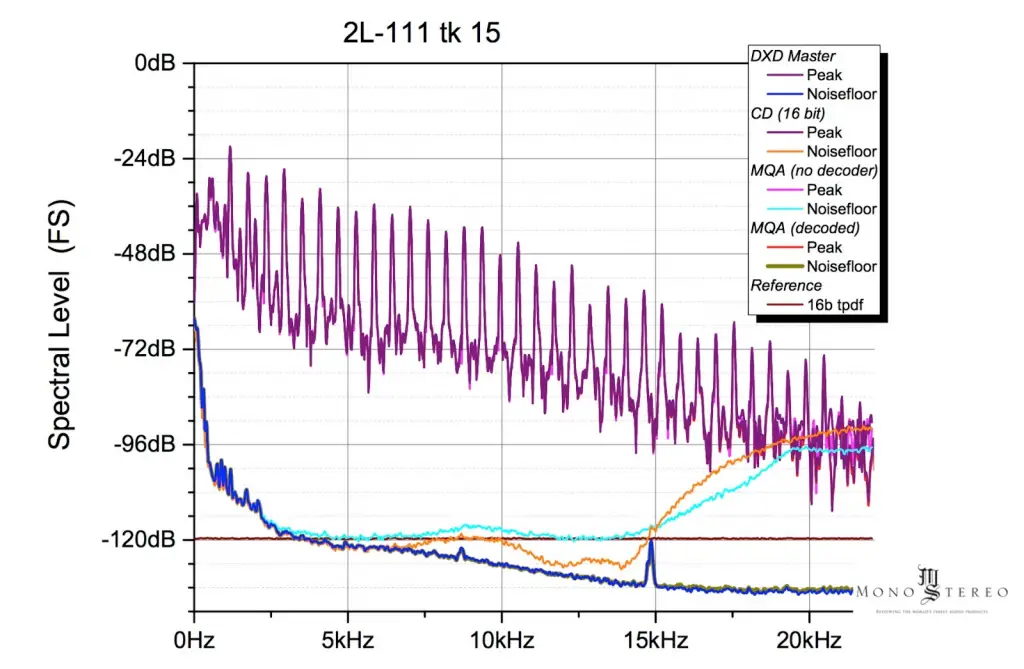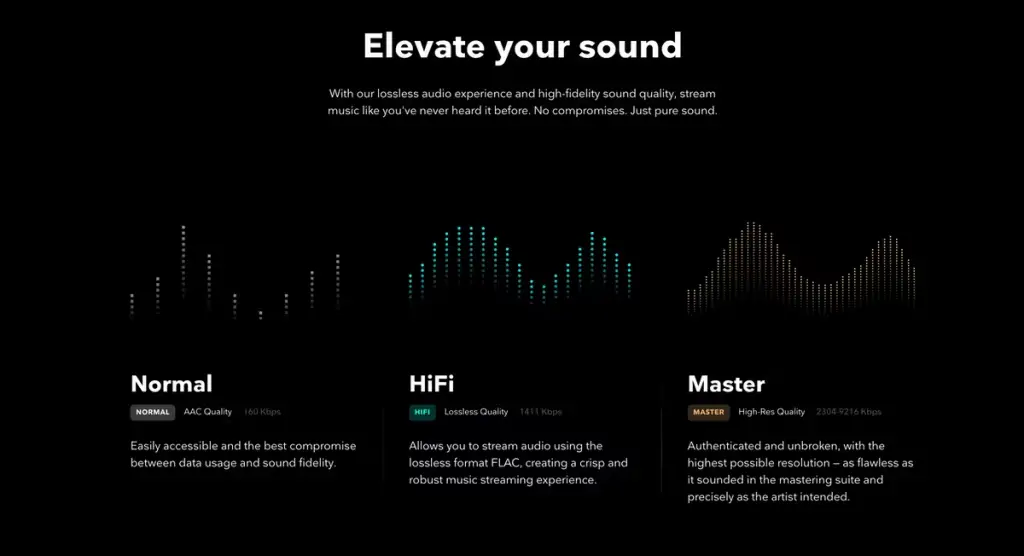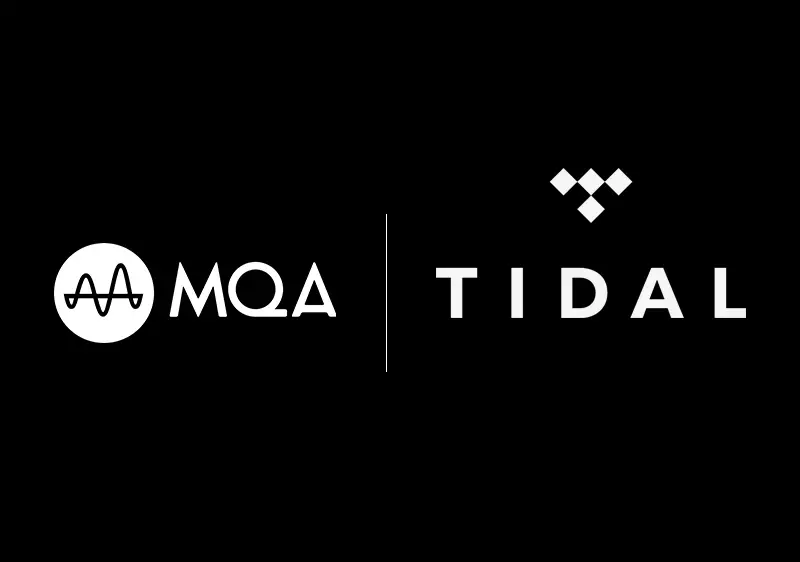The discussion about lossless audio formats resurfaced in 2014 with the launch of MQA. Because MQA has been gaining traction in the consumer audio sector. A comparison has been going on between FLAC and MQA.
So, the most important question is-
“Which one is actually better between mqa vs FLAC?
FLAC is definitely better than mqa format. Despite claims, MQA is actually lossy. Flac is a highly regarded lossless audio format. Each format features a 24-bit, 44.1 kHz rate. MQA requires specialized hardware for the highest sound quality. FLAC, however, is quite user-friendly and doesn’t require any equipment.
FLAC could seem like the best option based on these differences. However, is it really the best on every aural grounds?
You’ll have to keep reading while we thoroughly contrast these two for that.
MQA vs Flac: A Quick Look!
Flac is a well-known lossless audio format. By this point, everyone has a basic understanding of what FLAC is. It has some of the best dynamic range and sonic quality.
On the other hand, the recently launched MQA format is also a lossless audio format. However, there is continuous disagreement over whether it is truly lossless.
We’ve provided a table for a quick comparison between the two. This comparison, like high gain vs low gain, can help you choose which gives the better sound.
| Differences | MQA | FLAC |
| File Size | 5 MB | 15 MB |
| Bit Rate | 24bit/48kHz or 24bit/44.1kHz | 16-32 Bit |
| Compression | Actually Lossy | Lossless |
| Device Required | Specific hardware devices | Hi res audio app |
| Audio Format | Not Fully Standalone | Standalone |
| Availability | On Tidal, Spotify, and other streaming platforms | Not on Spotify, tidal or other platforms |
| User Experience | Requires some experiences | Beginner user-friendly |
We tried to give you an idea about these two. But you can look forward to the big picture in the following section.

MQA vs Flac: A Brief Discussion
FLAC is an abbreviation for Free Lossless Audio Codec. By lossless, it means you won’t lose any data when converting or recording audio to this codec. FLAC preserves your music’s entire dynamic range and transients.
MQA stands for Master Quality Authenticated. It advertises itself as yet another lossless audio format. MQA was introduced more recently by Meridian Audio in 2014 compared to FLAC, MP3, and others.
Let’s examine the facts that genuinely distinguish between them-
File Size:
MQA claims to offer the same lossless audio quality as FLAC while being smaller in size. MQA audio, however, is not as small as MP3. Nobody has yet delivered lossless audio at that level.
The minimum file size for MQA will be 5 MB. This is approximately three times smaller than FLAC.
FLAC is a smaller file than other lossless ones like WAV and CD quality. When converted to FLAC, a 30MB CD-quality audio file will only be 15MB in size.
Winner: Size wise MQA is definitely smaller than FLAC. But it doesn’t offer the actual lossless format.
Bit Rate:
Generally speaking, higher bit rates result in higher-quality audio. Audio fidelity will be determined by bitrate. Even the best-sounding recording would sound terrible if you played it at a low bit rate.
In most cases, it’s a good idea to master at 96kHz or even archive mastering at 192kHz. Recording at 44.1 or 48kHz using a high-quality contemporary audio interface will give good results.

The standard FLAC audio specification is a 16-bit rate at 44.1 kHz. Additionally, FLAC supports bitrates of up to 32-bit.
On the other hand, MQA offers 24-bit rates at 48kHz or 44.1kHzs too. However, generally, it does not go up to 32-bit sampling.
Winner: Flac is the definite winner in this battle.
Compression:
In lossless compression, all of the original data of a file remains after it has been compressed. Lossy compression shrinks a file by permanently removing certain information, particularly redundant information.
FLAC is able to avoid permanently “throwing out” any audio data by using a separate compression technique. This technique does not utilize psychoacoustics.

Because of this, the format is referred to as lossless. Alternatively, the FLAC algorithm uses linear prediction, which lowers the truly unnecessary features in the song.
So, the remaining question is “is mqa lossless?”
In reality, MQA is not lossless. Despite its claims to be lossless, it really uses lossy encoding. It creates data streams by hierarchically compressing the sparse energies in the high-frequency regions.
Using dithering techniques, these data streams are inserted into the lower frequency regions. It enables a supposedly smaller file size and sample rate.
Winner: Flac takes the winning position here as well for being an actual lossless format.
MQA Vs FLAC Sound Quality:
Regarding the listening experience, FLAC maintains a song’s complete dynamic range. Transients or gains in sound levels are also stored.
Snare drums and cymbals have good definitions. The absence of sonic artifacts contributes to the increased purity of tone.

A single MQA file might have several levels of quality for discerning listeners depending on equipment. They apply a technique known as folding to produce MQA files.
During this procedure, some audio segments are layered on top of one another. This is why the file is available in reduced sizes. The folding is done in three stages.
The audio unfolds as you stream or plays the MQA file. You get a better audio experience while using just your Tidal hi-fi service. However, the additional device is used to produce the best MQA results.
In comparison to FLAC, MQA’s overall quality is extremely poor. However, there are still many who believe in the MQA format.
Winner: It’s no surprise that FLAC is the winner.
Availability:
Streaming services like Tidal support the MQA format. It is available as part of their premium plan. You need roughly 26MB to stream a 3 .5 -minute song.
Listening to music solely through your Tidal hi-fi service provides a moderate audio experience.

For FLAC, all you have to do is download a FLAC or high-resolution audio player. You can get them easily from the app store. However, with tidal, you may face problems like incompatibility with android auto.
And with files in FLAC format, you are ready to listen to high-quality audio. But FLAC is not available on streaming services. For example, you can’t play FLAC on Spotify.
Winner: For this section, MQA is actually the winner.
User Experience & Required Device:
You will need an additional device to get the ultimate MQA results. Some of these gadgets are portable music players like the Pioneer XDP-100R and Onkyo DP-X1.
Other models include the Sony NW-A55L and the Astell & Kern SR25. Users of desktop computers and mobile devices have the option of employing USB DACs.
Some of these are also compatible with Android mobile devices. Furthermore, the user does need some prior familiarity to utilize these gadgets.
Flac on the other hand is incredibly user-friendly. Because it doesn’t require any additional equipment to achieve the greatest sound quality. However, you’ll definitely get a better audio experience if you go with high-end gears.
Still, having just a FLAC-supported device is more than enough. You can experience the true lossless audio with any good IEMs like IKKO OH10 in-Ear Earphone or Linsoul 7HZ Timeless.
It also eliminates the requirement for separate devices for computers and mobile.

Winner: FLAC is definitely more beginner friendly than MQA.
Which to Go For?
So, between MQA and FLAC, which format should you choose? The answer is dependent on a variety of things. If you listen to music through streaming, MQA may be the answer for you. However, for the complete experience, you must be ready for the further addition to your setup.
As an audiophile, it’s normal for some people to have larger file sizes with DSD formats. So FLAC files aren’t an issue for them. What matters is the better sound quality with pure tone.
Overall the FLAC has an upper hand over the MQA format.MQA remains in its early stages, therefore we can expect some improvements to the format.
So until an improved MQA is available, FLAC is the best choice for the lossless audio format.
Frequently Asked Questions (FAQs)
Is MQA Preferable to DSD?
No, even the poorest DSD sounds superior to the highest MQA quality. Despite the fact that completely unfolded MQA is superior to partially unfolded MQA. Definitely, DSD is better than MQA.
What Makes MQA So Controversial?
The underlying point of conflict is the MQA audio format itself. The claim made by MQA that its audio quality is noticeably superior to CD quality is false. It is also an inferior option to other accessible audio formats like FLAC.
Is It Necessary to Convert FLAC to DSD?
Yes, if you intend to play your music over a DSD DAC. Because of its high sample rate and delta-sigma modulation, DSD has more analog sound than PCM. But if no resampling is done, it makes no sense to convert from 16-bit to 24-bit.
End Words
So, here we are at the end of our discussion on mqa vs flac. Have you made your decision about the audio format to pick?
We certainly hope so, as we made every effort to analyze these two. Before you depart, just one last thing.
Even though you are aware of the differences, you should listen to the sound quality yourself. Don’t exclude one format just from data-based comparison.
Till next time!



